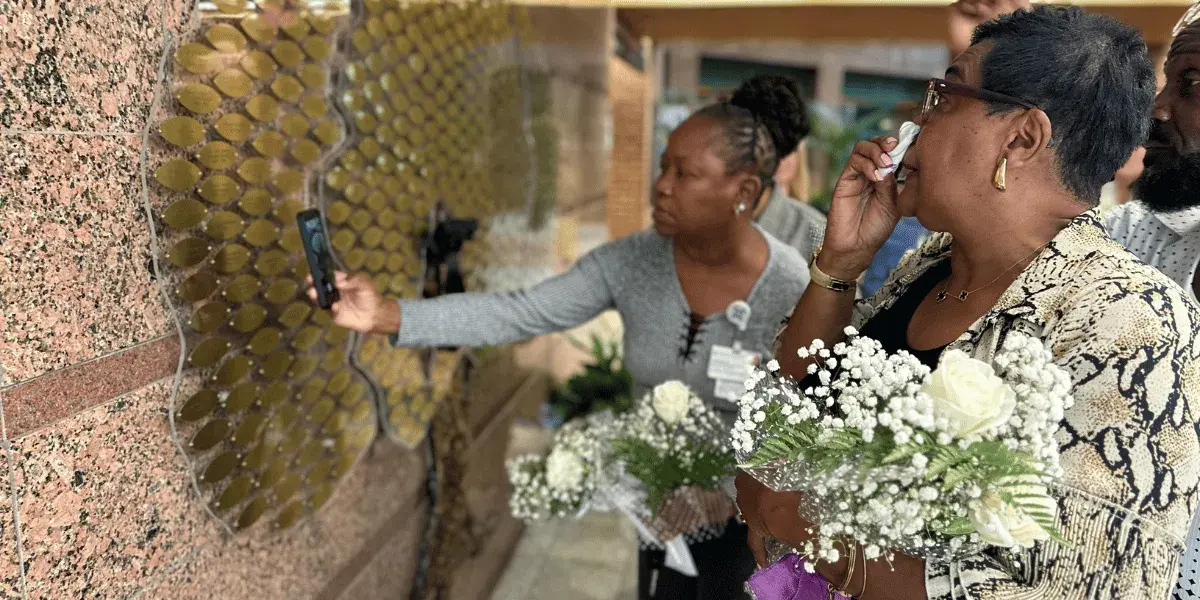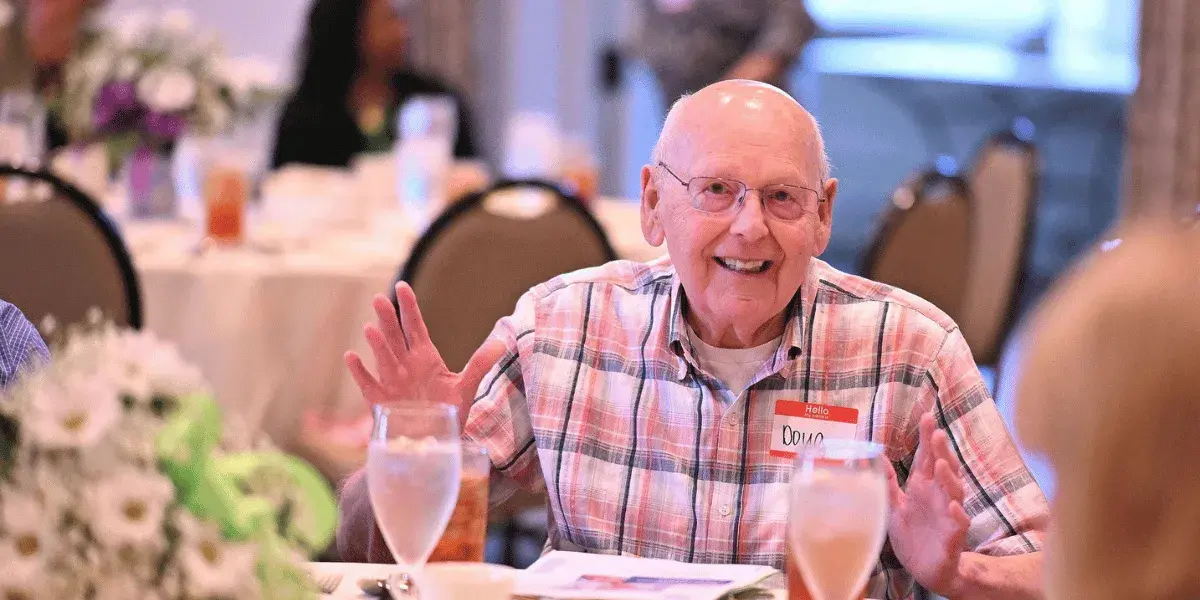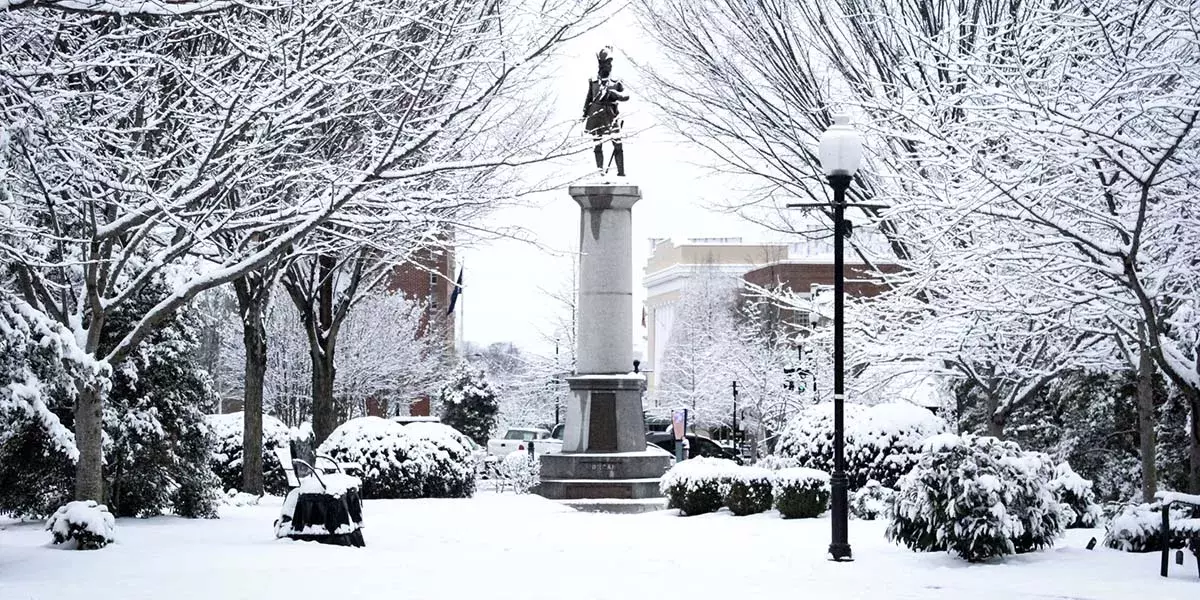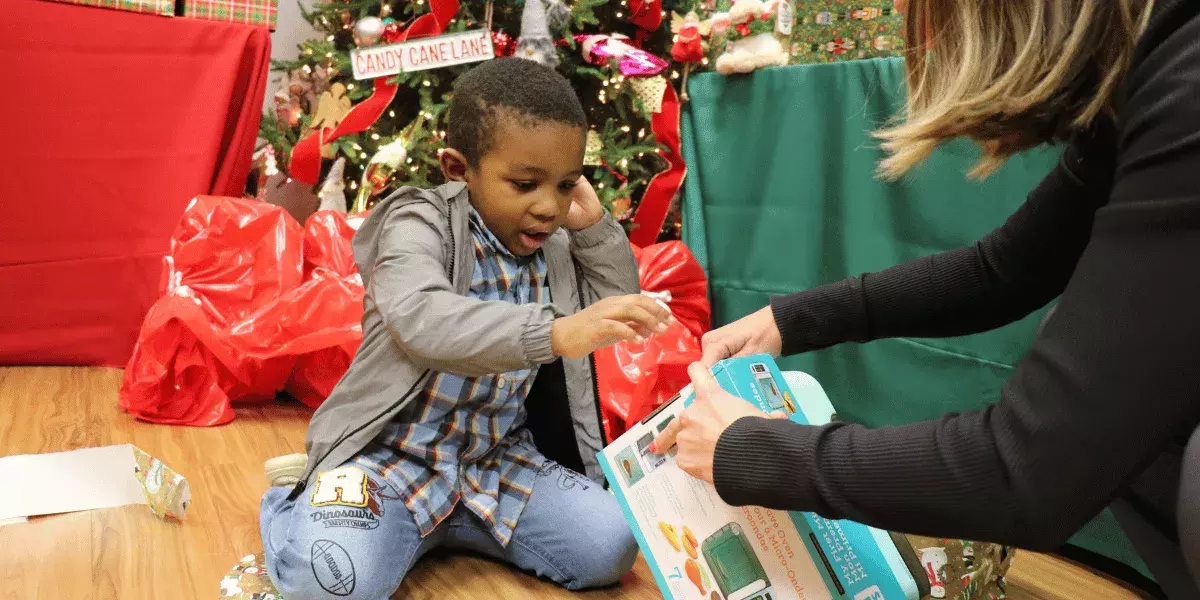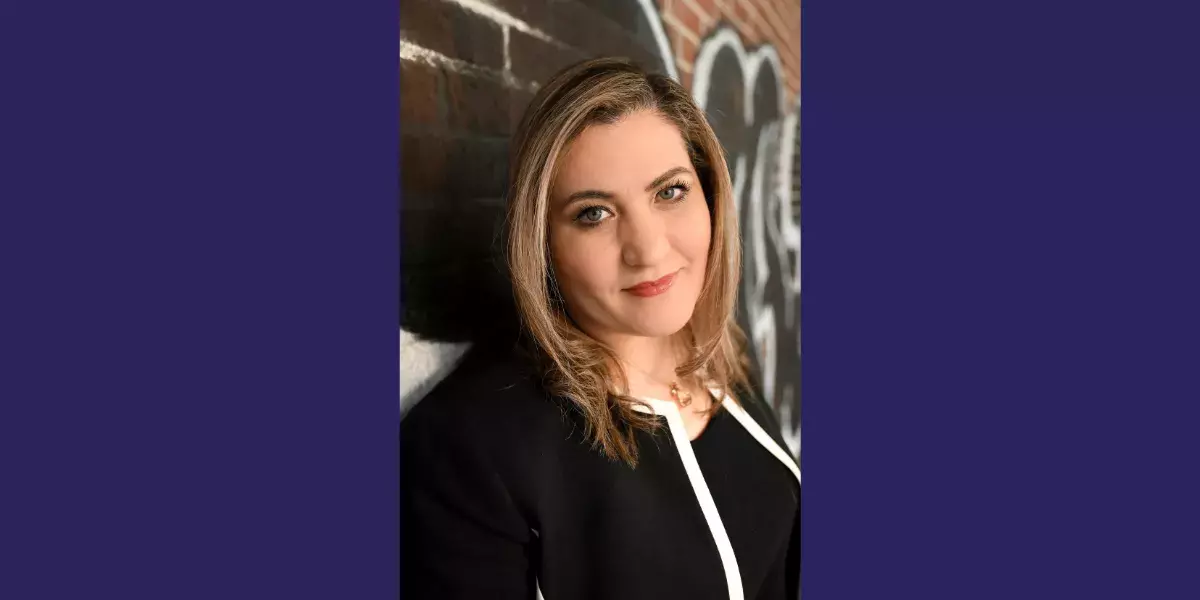
Vida y Salud: Connecting our Latino community to essential resources
Nora Curiel-Munoz sometimes misses her work as a chemical engineer in Mexico, but she realizes the impact she’s making as program coordinator of Vida y Salud.
“When I came here, my eyes were opened to all the needs of Latino families and how they struggle when they come to this country,” said Curiel-Munoz. “Some immigrants don’t have documents, or they don’t speak the language.”
Vida y Salud (Life and Health) supports the Latino community through education, advocacy and leadership development. Curiel-Munoz networks with other community organizations in the Spartanburg area to make sure the Upstate’s fast-growing Latino population has the resources to succeed.
Through statewide programs in 2022, Vida y Salud connected 6,173 adults and children to health and community service programs and assisted 3,727 people in applying for Medicaid, placing them with primary care doctors and specialists.
Connect Spartanburg, an adolescent health initiative housed at the Spartanburg Regional Foundation, is honored to partner with Vida y Salud and provide grant funding for its programs that connect the Latino community to much needed resources in the Upstate. The Foundation provided $75,000 in private and federal funding toward mental health services.
Specifically, funding has gone toward partnering with bilingual clinicians to deliver mental health services to adolescents and their families, providing training for two community health workers and hosting education workshops for behavioral health workers and parents.
The organization also advocates for education, starting with early childhood development, which is vital. According to the U.S. Census, in the last 20 years, South Carolina has seen a significant increase in the Latino population under the age of 15.
“We have created a lot of collaborations and have been able to connect many families with resources,” Curiel-Munoz said. “We need to continue to serve more families.”
For Vida y Salud participant Lupita Chavez Melo, the organization is important because many Latinos move to the area and experience barriers that affect quality of life.
“The Hispanic community is very isolated,” Lupita said. “We sometimes don’t go to the doctor. We don’t have a car, and we don’t speak English. We have many barriers. So, the program has benefited a lot of people, whether it’s helping them get a doctor’s appointment or providing access to food. Many people have received these benefits.”
Since 2017, Lupita said she has participated in every Vida y Salud program, which also works through her church to offer parenting and cooking classes, mental health programs, toys for children at Christmas and turkeys at Thanksgiving.
Because of the assistance her family has received, she now has two children in college, with her daughter receiving a $4,000 scholarship. Her son and daughter are the first in her family to attend college.
“Sometimes Latinos don’t feel that college is for us,” Lupita said. “This scholarship is a big opportunity for my children. Now I spread the word to my community that they can go to school, too.
“I’m kind of the messenger for Vida y Salud. When someone tells me they cannot go to the doctor, I say, ‘No, you can! Go to Vida y Salud and they will help you get an appointment!’ Or, they say, ‘I don’t know how to fill out forms.’ I ask my children to help. If they aren’t available, then I give them the Vida y Salud number.”
Curiel-Munoz finds Spartanburg organizations and foundations willing to listen to the needs of the Latino community and collaborate for families like Lupita’s.
“Nobody can do everything,” Curiel-Munoz said. “Every single organization has different strengths, and if we put all our efforts together, we can create change. Every single part of the machine moves something. I really think Spartanburg has something special. Our organizations are willing to create change. They are willing to listen, and they are willing to provide the funds to better serve our community.”









